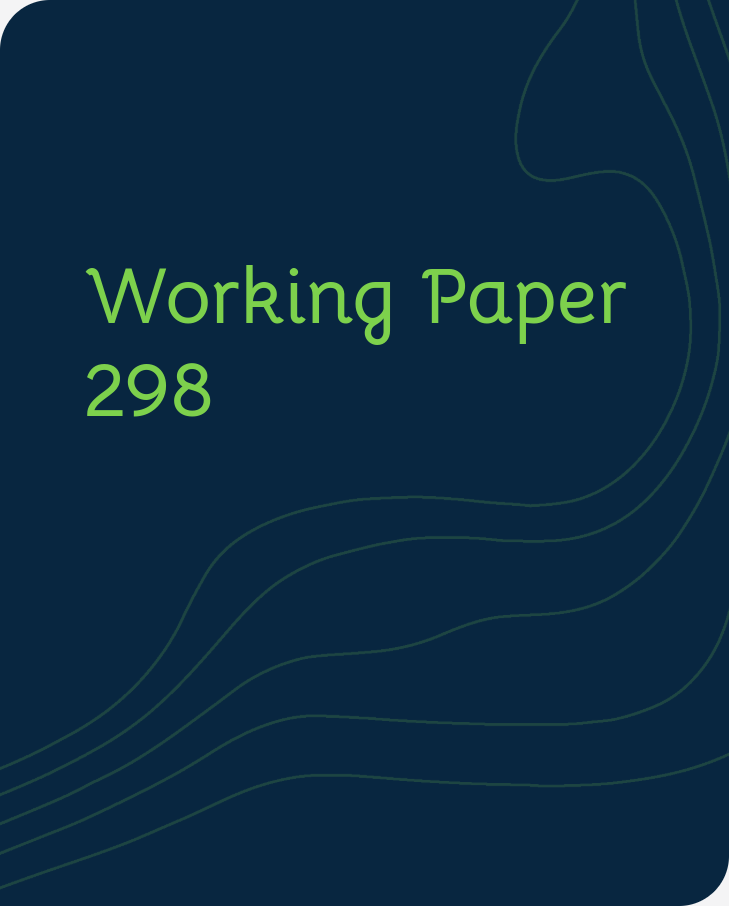Publication
Transition Report
Reform progress and transition indicators
Who we are
Overview: about the EBRDWho we are
Overview: about the EBRD
Learn about the EBRD's journey to investing more than €220 billion in over 7,800 projects.
What we do
Overview: how the EBRD operatesWhat we do
Overview: how the EBRD operates
Across three continents, the EBRD supports the transition to successful market economies.
Work with us
Overview: how you can work with the EBRDWork with us
Overview: how you can work with the EBRD
We draw on three decades of regional knowledge and financial expertise to tailor our products and approaches to each client's needs.
January, 2025

By Cevat Giray Aksoy, Barry Eichengreen, Anastasia Litina, Cem Özgüzel and Chan Yu
How does exposure to corruption in home countries affect immigrants’ political trust in their new countries? This paper finds that, contrary to common assumptions, immigrants from corrupt countries tend to exhibit higher trust in national political institutions in their host countries. This trust, which does not extend to international organizations or individuals, leads to greater political participation and persists over time. The effect is stronger when home and host countries differ significantly in income and democracy but is somewhat weakened by media exposure. The paper also finds no evidence of self-selection based on trust, as even forced migrants display similar patterns.
All Working Papers
The Working Paper series seeks to stimulate debate on transition in the EBRD regions.
For media enquiries related to this working paper, please contact Ksenia Yakustidi, Media Adviser at the EBRD’s Office of the Chief Economist
YakustiK@ebrd.com
